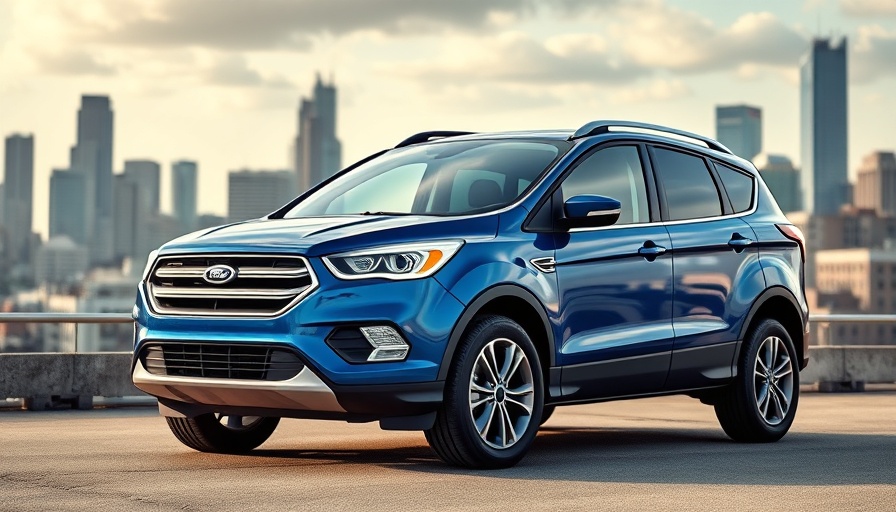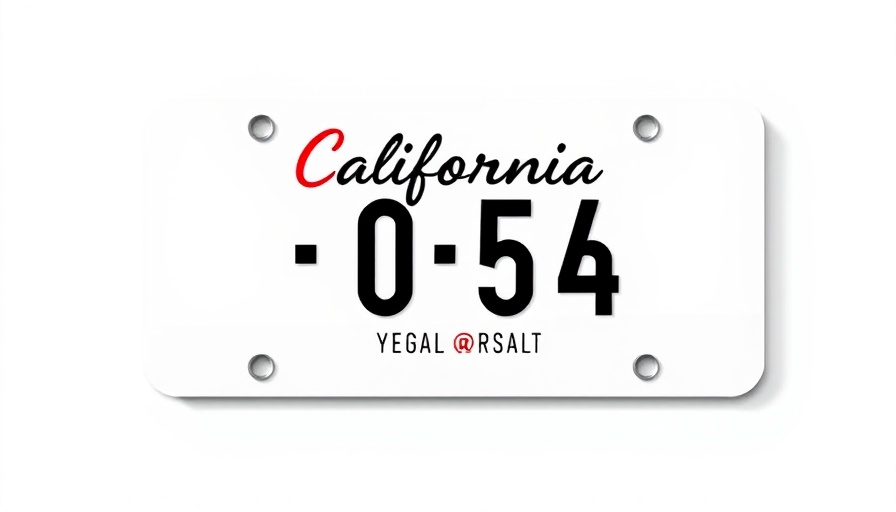
Ford and Lincoln Recall: The Battery Defect Affecting Popular PHEVs
Ford has announced a significant recall for approximately 20,000 plug-in hybrid vehicles, including the Ford Escape and Lincoln Corsair models. This recall is due to a manufacturing defect in the battery cells that could lead to short circuits. Specifically, the issue affects 16,480 Ford Escape Plug-In Hybrids from the 2020-2024 model years and 4,004 Lincoln Corsair Grand Touring plug-in hybrids from 2021-2024. The problem arises from a potential vulnerability in the separator layer of the battery cells, increasing the risk of a short circuit that could result in a loss of propulsion or even a fire. Fortunately, critical functions such as steering and braking are not impacted. Drivers are urged to act if a "Stop Safely Now" alert appears on their dashboard.The Discovery of the Manufacturing Issue
Ford's in-depth investigation into several occurrences of "battery thermal venting," primarily impacting European models, highlighted changes in the battery cell manufacturing process that have led to increased stress on key components. The modifications inadvertently allowed for minor defects, prompting Ford to take preventative measures to ensure vehicle safety. Ford assures customers that no injuries have been reported, underscoring the precautionary steps they are taking.Action Plan and Customer Guidance
Ford is implementing an action plan where customers will receive a free software update for the battery energy control module through their dealership. If further intervention is required, battery pack replacements will be carried out at no cost. Notifications to owners will be dispatched from January 20, and Ford's customer service line is available for any immediate concerns. Service operations directors and dealership principals should be prepared to manage inquiries efficiently, utilizing Ford's reference number 24S79 for recall-related questions.Understanding the Hybrid Differences
The recalled vehicles, the Ford Escape and Lincoln Corsair, share similar hybrid powertrain setups, each boasting a 2.5-liter inline-4 engine paired with a 14.4-kWh battery pack. However, notable distinctions exist between the two, such as the drivetrain configuration, leading to different electric ranges. This design knowledge is crucial for dealership teams when explaining vehicle performance and capabilities to potential buyers.For further detailed information regarding the recall, you may refer to the original source link provided.
 Add Row
Add Row  Add
Add 




Write A Comment